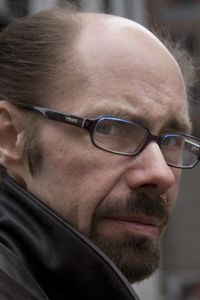Jeffery Deaver, a renowned writer and producer, entered this world on May 6, 1950, in the vibrant city of Chicago, Illinois, USA.
He has made a lasting impact in the entertainment industry, leaving behind a legacy of captivating stories and memorable characters. His notable works include the 1999 film "The Bone Collector", the upcoming 2024 movie "Tracker", and the 2020 television series "Lincoln Rhyme: Hunt for the Bone Collector".





















